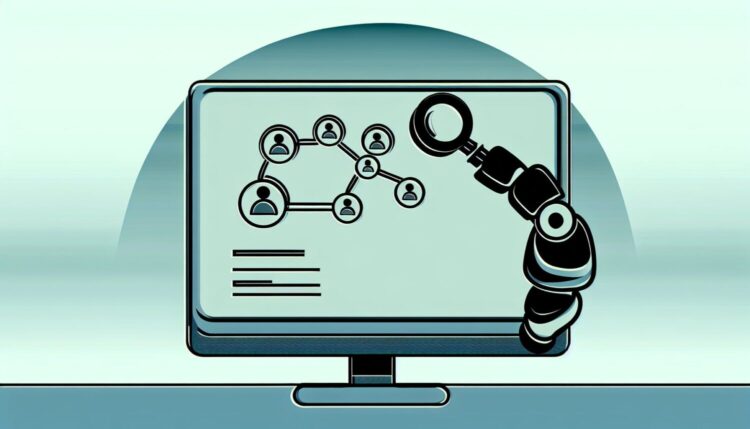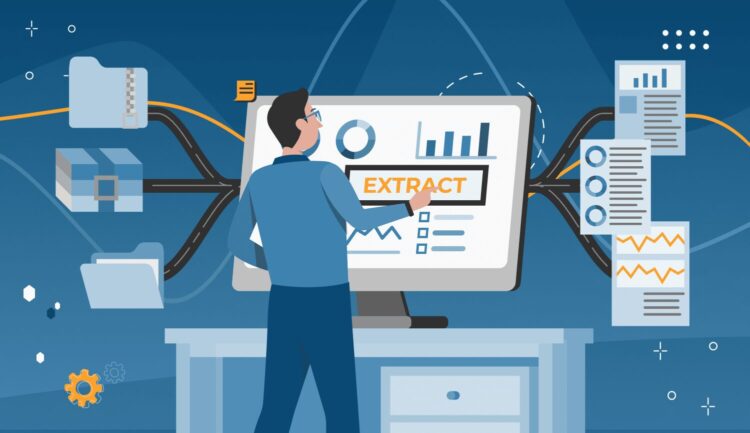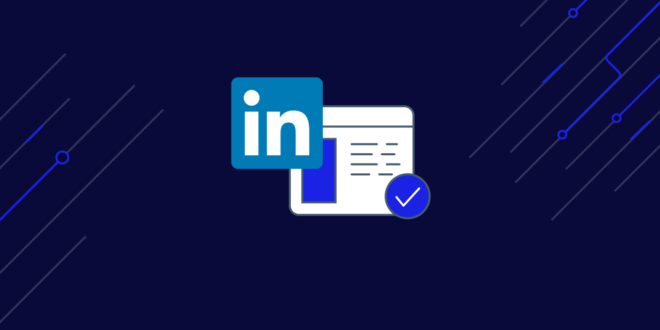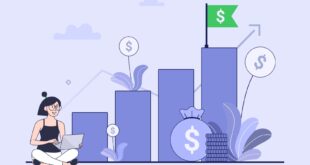LinkedIn, a professional networking platform, offers vast opportunities for businesses and individuals to connect and grow. However, manually sifting through this extensive network can be tedious. This is where LinkedIn scrapers come into play.
These tools automatically collect data from LinkedIn profiles, such as names, job titles, and contact information, streamlining the process of data gathering.
Functionality of LinkedIn Scrapers
LinkedIn scrapers, such as Scrupp, operate by simulating human browsing behavior. They navigate through LinkedIn profiles and extract specified data. Advanced scrapers can even sort and organize this data, making it more accessible and usable. These tools are particularly useful for marketers, recruiters, and sales teams who rely heavily on networking and outreach.
Legal and Ethical Considerations
Before diving into the world of LinkedIn scraping, it’s crucial to understand the legal and ethical implications. LinkedIn’s terms of service prohibit the use of automated tools to scrape data. Violating these terms can lead to legal actions and permanent bans from the platform.
Ethically, scraping data without consent raises privacy concerns, as it involves collecting personal information. Users should weigh these factors before deciding to use a LinkedIn scraper.
Choosing the Right Tool
There’s a plethora of LinkedIn scraping tools available, each with unique features. Some focus on simplicity, catering to users with minimal technical skills, while others offer extensive customization for more tech-savvy individuals. The choice of tool depends on your specific needs – whether it’s bulk data collection, targeted scraping, or integration with other software.

Cost-Benefit Analysis
The decision to purchase a LinkedIn scraper should involve a thorough cost-benefit analysis. Evaluate the time and effort saved against the cost of the tool. For businesses where large-scale networking is crucial, investing in a scraper could be a game-changer. However, for smaller operations or individual use, the cost might outweigh the benefits.
Risks and Alternatives
Using a LinkedIn scraper comes with risks, primarily the violation of LinkedIn’s terms and potential legal repercussions. Users should also consider the risk of data inaccuracy and the ethical implications of data scraping.
As an alternative, manual networking or using LinkedIn’s built-in features like advanced search and LinkedIn Sales Navigator might be safer, albeit more time-consuming options.
Adapting to Technological Advancements
The digital landscape is constantly evolving, and with it, the tools and techniques used for data collection. LinkedIn scrapers are part of this evolution. They represent a shift towards automation and efficiency in data gathering.
Staying abreast of technological advancements and understanding how they can benefit your business or personal goals is essential. Adapting to these changes, while remaining compliant with legal and ethical standards, is a balancing act that requires careful consideration.
Impact on Business Strategies
For businesses, LinkedIn scrapers can significantly impact marketing and recruitment strategies. By automating the process of data collection, these tools can provide a wealth of information to inform business decisions.
They can identify potential leads, gauge market trends, and help tailor marketing campaigns. However, this efficiency should be balanced with a respect for user privacy and adherence to legal guidelines.

Personalization Versus Privacy
One of the key debates in the use of LinkedIn scrapers is the tension between personalization and privacy. On one hand, the data collected can be used to create highly personalized and targeted outreach efforts.
On the other hand, this raises concerns about user privacy and consent. Navigating this landscape requires a nuanced approach, understanding the value of personalization in business while respecting individual privacy rights.
Future of Networking and Data Collection
Looking forward, the role of LinkedIn scrapers and similar tools in networking and data collection is likely to evolve. As machine learning and artificial intelligence continue to advance, these tools could become more sophisticated, offering even more precise and efficient data collection.
However, this will also raise more complex legal and ethical questions. Staying informed about these developments is crucial for anyone considering the use of such tools.
Balancing Efficiency and Integrity
Ultimately, the use of LinkedIn scrapers is about balancing efficiency with integrity. While they offer a powerful way to collect and utilize data, they also present challenges that must be carefully managed.
Users must consider the legal implications, the ethical aspects of data privacy, and the impact on their personal or business reputation. Making informed decisions in this regard is crucial for long-term success and sustainability.
Integrating Scraper Insights into Strategic Planning
The integration of insights gathered from LinkedIn scrapers into strategic planning is a critical step for businesses looking to maximize their benefit. This data, when analyzed properly, can reveal patterns and opportunities that might otherwise go unnoticed.
For instance, in recruitment, data scraped from LinkedIn can help identify trends in candidate qualifications and industry shifts. In marketing, it can provide insights into competitor strategies and potential market gaps. The key here is to use the data responsibly and strategically, ensuring that it informs decision-making processes without compromising ethical standards.

Staying Ahead of the Curve in a Data-Driven World
In a world increasingly driven by data, tools like LinkedIn scrapers are just the tip of the iceberg. For professionals and businesses alike, understanding and leveraging such tools can provide a competitive edge.
However, this comes with the responsibility to stay informed about the evolving legal and ethical landscape of data use. As regulations around data privacy continue to develop, it will become increasingly important for users of these tools to stay ahead of the curve, ensuring compliance and ethical use of data.
Final Thoughts
LinkedIn scrapers are powerful tools that reflect the increasing role of automation in our digital lives. They offer significant benefits in terms of efficiency and data accessibility but come with a set of challenges that cannot be ignored.
Users must navigate the legal, ethical, and practical implications of using these tools, making decisions that align with their values and objectives. As the digital landscape continues to evolve, staying informed and adaptable will be key to leveraging these tools effectively and responsibly.
 Hi Boox Popular Magazine 2024
Hi Boox Popular Magazine 2024



